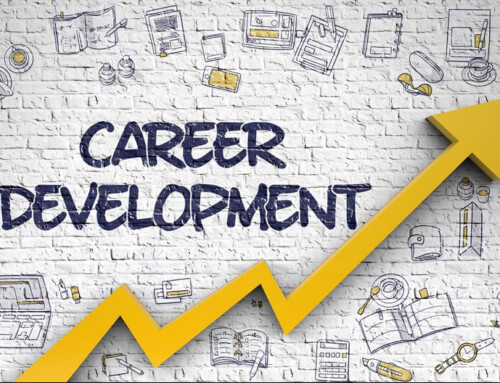Years ago, CEOs were positioned to conceptualize a vision, drive that vision, and create a culture that transformed organizations. However, the workplace and its players look very different now. Employees want their voices heard and to feel appreciated. It is their culture and vision that drives productivity, efficiencies, and innovation.
There is no longer one decision-maker; every single employee is a mechanism that plays a critical role in the organization. There is a seat for everyone at the round table of innovators. In fact, their long-term participation is mandatory for the organization to truly succeed.
In King Arthur’s famous lore, the round table of Camelot was designed so that no one seated would have precedence over another. The innovative design shifted power from the king to the people changing beliefs, altering mindsets, and demonstrating everyone’s worth regardless of title or status.
A study by Chief Executive found that 86% of CEOs stated that the lines are blurring between business and society. To thrive as a leader, CEOs need to adapt to the deeper connections between business and society. This ultimately translates into leaders who no longer just define what the business does and their role as a leader and actively participate in the process.
What mindsets will the best CEOs need to succeed now and into the future?
- Leading a community is more important than leading a company. Without a community that is engaged, productive and motivated, a company simply can’t thrive (or survive.) Therefore, all stakeholder relationships are essential.
- Leaders must be part of the ecosystem of the company. They don’t just lead the company; they participate in the overall system itself. This means learn faster than others, inspire change where needed/necessary, get “in the trenches” when things are difficult instead of just looking at things from the top down or from another perspective.
- A company’s vision and purpose only have value when people understand it and feel connected to it. Stakeholders today want more than just vision and values that impact the company directly. They want to know what’s in it for them and how the company’s vision and purpose affect the bigger world. When they are connected with a purpose, it drives productivity and impacts business objectives.
- Transparency, authenticity, and humility are three of the most critical characteristics that stakeholders desire from CEOs today. While business expertise is essential, stakeholders value being a compassionate human more important. The pandemic, social justice and economic concerns have employees and customers desiring to be heard and want to know what’s really happening so they can make smart choices. Leaders need to balance profits with humanity to create an impact.
- Business disruption, hardships and resolving to be resilient will always be required of influential leaders. However, sustained levels of disruption and hardship (such as during COVID-19) will require a shift in how CEOs handle prolonged challenges. Instead, leaders need to:
- Seek multiple methods to encourage teams and build as well as sustain positive energy/motivation
- Inspire stakeholders to explore hardships looking for opportunities to challenge the status quo
- Pursue options to work collectively to build on ideas and leverage concepts
- Collaborate and participate in change initiatives while sharing outcomes
- It’s no longer enough for leaders to be appreciative of the efforts of workers and others. The most valuable item is thoughtfulness. (1) A few things that CEOs can do to demonstrate thoughtfulness are (2):
- Consider the impact before acting or making a decision. Examine factors such as whether this will create more work, cause confusion, create a hardship, prevent team interaction, etc.
- Recognize the different ways that define “thoughtfulness” or “appreciation” among people. Speak their language. Some may prefer rewards. Others praise. And yet other recognition.
- Practice quiet awareness to see what emotions stir happiness instead of frustration. Seek to inject more “whatever” presents joy, happiness, enthusiasm, etc., into the lives of others.
- Demonstrate empathy. Actively listen, minimizing distractions or interruptions such as answering phone calls, checking text messages, looking at a computer, etc. Eliminate judgment despite being tempted to do so. Every story has two sides and while there may be one side with more drama or a more compelling argument, listen. There may be real issues that need to be addressed that haven’t been attended to or opportunities that are being missed.
- Use self-reflection, especially after things don’t go as planned. See things from another’s perspective and look for blind spots that might not have been considered or may have been missed during the conversation.
As society and business continue to grow closer together, CEOs will need to adapt quickly. Those who can transition from a hero mindset into a collaborative one will thrive in this new world.
Uncertain times call for creative thinking. Contact Gavel International to be inspired with solutions that connect and engage your people.
____________________________
SOURCES:
- https://www.inc.com/suzanne-lucas/best-holiday-gifts-employees-2020.html
- https://www.thoughtfulleader.com/how-to-be-a-thoughtful-leader/
This article was last updated on April 24, 2025
- Train LinkedIn’s Algorithm for Elevated Sales Prospecting - October 13, 2025
- Can Your Organization Afford a Dysfunctional Superstar? - October 6, 2025
- Take Action on Organizational Values to Improve Company Culture - September 8, 2025






